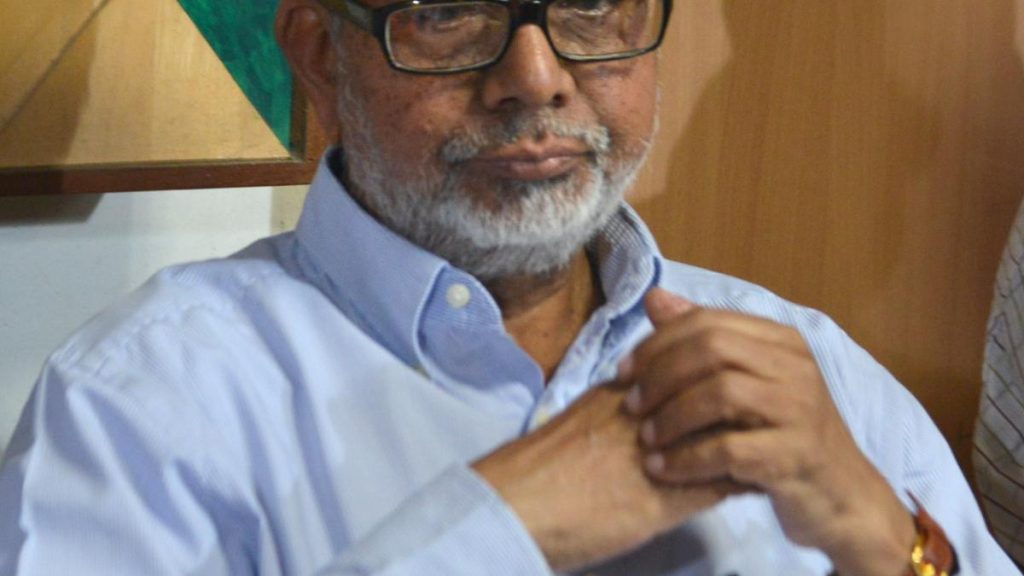Now Reading: Unlocking Self-Actualization: A Guide to Realizing Your Full Potential
-
01
Unlocking Self-Actualization: A Guide to Realizing Your Full Potential
Unlocking Self-Actualization: A Guide to Realizing Your Full Potential

Quick Summary
- Self-actualization represents the journey toward realizing one’s complete potential.
- abraham Maslow’s traditional hierarchy suggests self-actualization comes after fulfilling basic needs like physiological requirements, safety, love, and esteem.
- Modern psychology has evolved this model into a dynamic framework where growth happens concurrently across multiple dimensions rather than hierarchically. Dr. Scott Barry kaufman’s “sailboat metaphor” reflects this integrated approach.
- Cross-cultural perspectives offer diverse interpretations of self-growth. For instance:
– Eastern philosophies emphasize harmony and ego transcendence (e.g., Buddhist teachings).
– African Ubuntu stresses personal growth via interconnectedness with community well-being.
– Latin American values (‘familismo’) highlight growth through familial relationships.
– Indigenous worldviews incorporate nature and ancestral connections into progress processes.
- Neuroscience supports that humans can adapt throughout life (neuroplasticity), with resilience enhanced by purpose-driven efforts. Positive psychology identifies purposeful challenge, flow states, social support as key factors in flourishing and personal growth.
- Practical pathways for progress include mindful self-awareness, embracing challenges aligned with one’s values, nurturing authentic relationships, engaging in creative expressions, and contributing to the larger good of society.
Navigating Challenges:
Common obstacles such as fear of change, perfectionism tendencies, or external pressures may hinder progress but are manageable through persistence.
Key takeaway: Self-actualization is an ongoing process involving simultaneous development across multiple aspects while intertwining individual fulfillment with contributions to broader communities.
Indian Opinion Analysis
The discussion on self-actualization underscores a universal truth-that human potential thrives through continuous effort rather than rigid developmental stages.India offers unique insights into these themes due to its deep cultural traditions emphasizing harmony over individuality-manifested in concepts like yoga’s mindfulness or spiritual frameworks promoting collective welfare.
The cross-cultural references enrich understanding further; parallels can be drawn between Ubuntu’s communal focus and Indian ideals of “Vasudhaiva Kutumbakam” (the world as one family). These values resonate widely within India’s sociocultural fabric.
By integrating modern psychological models with age-old wisdom rooted in resilience-such as navigating hardships alongside meaningful engagement-india stands poised to encourage citizens to embrace paths toward enriched personal peace while advancing shared societal goals.The focus on contribution aligns well with values enshrined in indian thought systems that prioritize service (“Seva”) alongside individual aspirations for higher purpose or success.
As India increasingly confronts stressors caused by rapid modernization-the blend of global insights coupled locally rooted philosophies could foster healthier understandings juggling society-growth responsibility!.
























